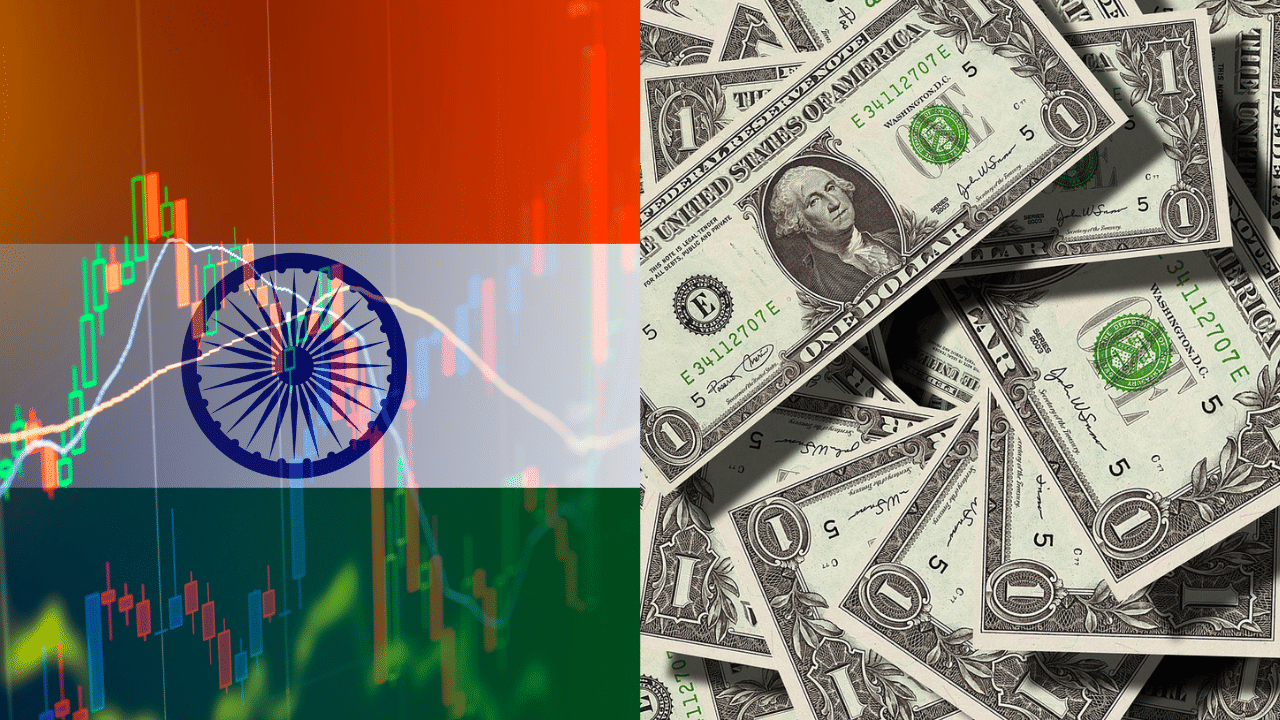New Delhi: The reliance on the dollar for global financial transactions is proving to be costly in times of such geopolitical uncertainty, such as in Russia-Ukraine and in Israel-Palestine. The move to shift the reliance on dollars for international trade is a strategic one.
The data from the IMF is evidencing the fact that in recent years, the countries are strategically reducing the dollar and euro in global foreign exchange reserves, which declined from 63.04 percent to 57.80 percent and from 23 percent to 19.83 percent, respectively, while simultaneously the share of other non-dominant currencies (excluding the US dollar, euro, Japanese yen, and British pound) increased from 6.34 percent to 11.82 percent (IMF COFER data).
India’s strategic approach to De-Dollarization
In this backdrop, India is strategically positioning itself as a neutral player by stating that it is not challenging the dominance of the dollar while pursuing dedollarization for mitigating trade risk and geopolitical uncertainty.
The reasons for dollarization are many. Macroeconomically, it is driven by concerns over geopolitical tensions, US sanctions, tariffs, the financial and geoeconomic learnings from the Global Financial Crisis (GFC), and the sole reliance on the US dollar for trade and exchange reserve. The slew of bilateral and regional free trade agreements are further complementing the pace and shift of de-dollarization.
As per WTO data, the number of such agreements proliferated from 40 in 1990 to nearly 375 in 2025. The new trade pacts facilitate transactions in local currencies. reducing reliance on the US dollar. Further complementing them are the currency swap agreements that the BRICS Contingent Reserve Arrangement (CRA) is an example of. India has actively approached more than 20 countries, such as Japan, Russia, Nigeria, and South Korea, for such arrangements and has been successful.
India has balanced its stance on the issue of dedollarization while simultaneously engaging with countries and signing currency swap agreements with a host of trading partners since 2012. The Reserve Bank of India (RBI) in 2024 renewed its Currency Swap Arrangement (CSA) with SAARC countries for the years 2024-2027.
